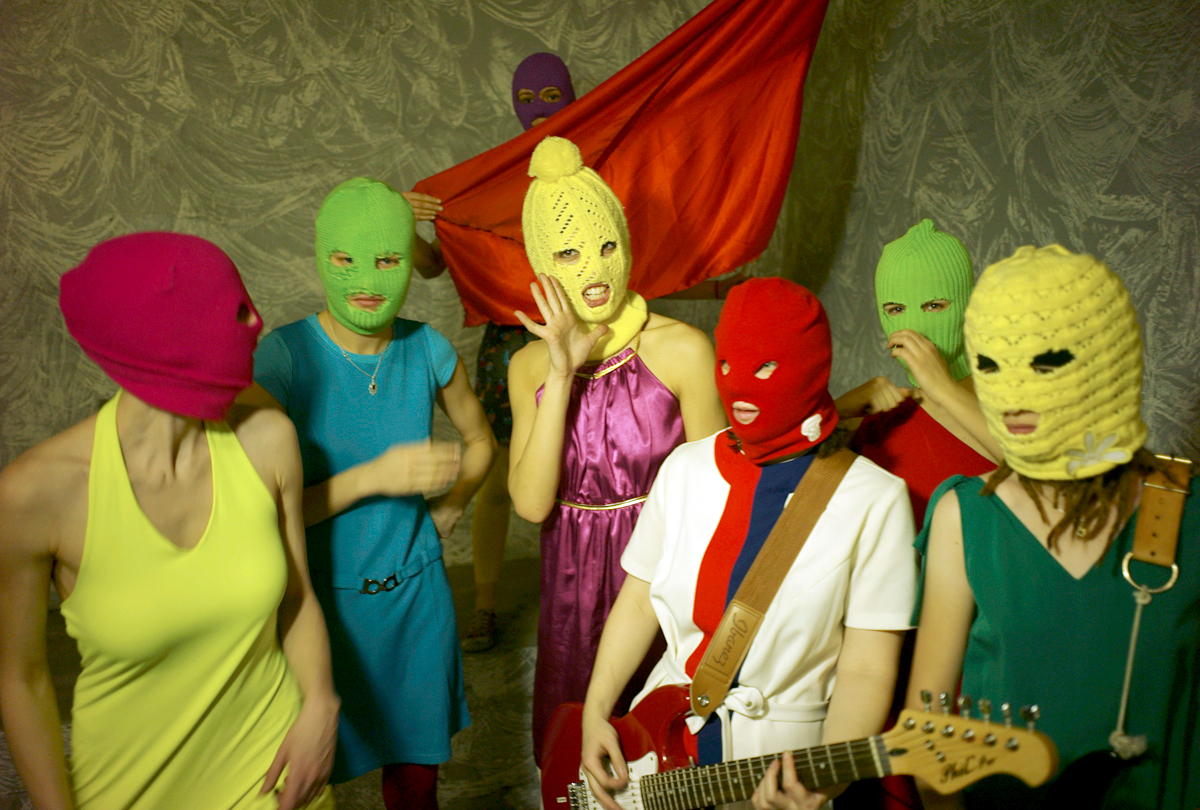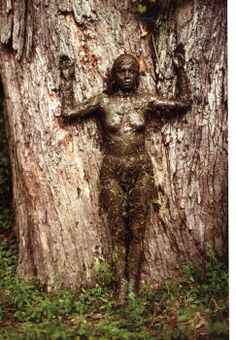https://www.youtube.com/watch?v=bRHl2tVd7zo
The ideals of traditional folk music seem to clash with the progressive philosophies of feminism. Most all topics of traditional folk music allude to gender inequality, which is understandable when considering the time period in which folk music began. While there are some themes that simply indicate gender inequality, there are others that are utterly degrading. Art and crime overlap in the context of feminist folk music, whereas the music produced is an art form, and many of the recurring themes that exist in its lyrics are criminal in some way. One of the most common themes that exist within the feminist boundaries of folk music is the portrayal of the woman as a victim of sexual or physical abuse. In many cases, the songs feature a young girl who is lured under false pretenses into having sex with a man. The man typically promises marriage in order to convince her to comply, and then abandons her after they have sex. For example, in the song “Blackwaterside,” a young girl goes down to the river and meets this man who promises to marry her if they have sex. The girl catches him leaving in the middle of the night and asks him where he is going. He tells her that it is her fault that he is leaving because she succumbed to her “wanton will.” Not only did he trick her into having sex with him, he also proceeded to scorn her for doing so. The act of deception used to persuade women into have sex, is a recurring topic in folk music and is absolutely morally unethical. This idea expands into the context of legality, when men commit crimes against the women they have sex with. There is a song called “Pretty Polly” in which a young girl and a man go to the forest to have sex after they elope. During the night, he first digs a grave and then murders her and buries her in it. Another song is “Bonny May,” in which a woman is raped by a man who has stopped to ask her for directions. She gets pregnant and when she gives birth to the man’s child, he comes back and teases her about being the father. As if this isn’t dreadful enough, he then proceeds to marry her upon finding out that she is actually rich. The women in these songs are completely objectified and only portrayed as being useful for sex. The fact that these topics were not only acceptable, but also encouraged and enjoyed, illustrates how differently men and women were treated in the 19th and early 20th centuries. Some of these traditional folk songs are still enjoyed today, however, which contradicts society’s progression toward gender equality. This is likely due to the desire to continue cultural traditions, but can also be attributed to folk music’s aesthetics. Its cheerful beats and catchy melodies mask the songs’ appalling themes, making the songs more palatable. Another theme of feminist folk music that highlights the intersection of art and crime is the theme of women going to sea. Throughout the 19th century, women were prohibited from being on a ship and sailing the ocean. The main reason for this exclusion was superstition – women onboard a ship equaled bad luck. Of course, with rules come rebellion, and this law was no exception. Women would often pose as men and go to sea, a subject that is commonly vocalized in folk music. A popular song titled “The Handsome Cabin Boy” talks about “a lusty female” who “dressed herself in sailor’s clothes” and boarded a ship. She seemingly pulls off her guise, until she (surprisingly) goes into labor, and thus reveals her true identity. In the song “When I Was a Fair Maid,” a woman pretending to be a sailor is sent to guard the London Tower. During this time, a woman falls in love with her, and she informs her that she is actually a maid. The woman tells the captain and the captain immediately orders her off of the ship. Having to pose as a man in order to gain equal rights is outrageous, especially in the eyes of feminists. Whereas they are entirely against the themes regarding sexual and physical abuse, it can be assumed that they support or at least understand this offense. By refusing to take “no” for an answer and posing as men, these women are protesting their unfair treatment, something that is implied in corresponding folk songs. The art of traditional folk music is exactly that – traditional. It is centered on the belief that men are superior to women, a belief that feminists are fighting so hard destroy. Crimes against women are a common theme in folk music, and they are extremely degrading at that. Fortunately, there are some crimes that are committed in protest of gender inequality, and folk music highlights these as well. Source: http://www.mumsnet.com/Talk/womens_rights/1239459-Folk-music-and-feminism-traditional-songs-and-misogyny?messages=100&pg=1








This was an interesting read. As someone who likes the melancholy vibes to some folklore songs, I was flabbergasted. Folklore is still new to me, so hearing this is off-putting as I haven’t heard of the songs mentioned, but as someone who admires feminists and aspires to learn more about feminism, I did not know the history of folklore music. Seeing the time period in which it began, I am not etnirely surprised by the traditional and infuriating messages; sadly, I think movies and music had many racist and sexist themes that were overlooked. I do not know if I could like a song if the lyrics are as disgusting as what the songs were about, even if the melody itself is catchy. I think there are so many other songs I would rather listen to.